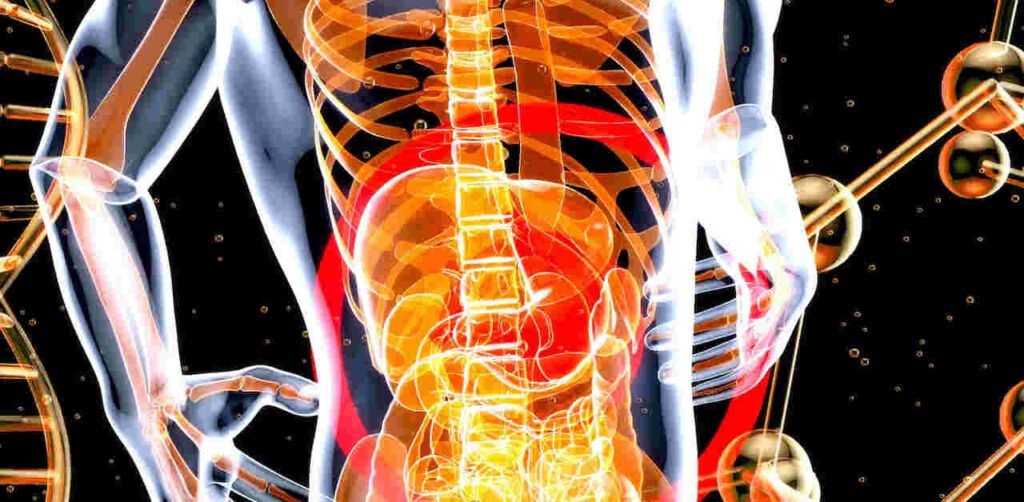Drinking, taking antibiotics, even high blood pressure can tax your liver in potentially dangerous ways
Published by: AARP
Many think of alcohol as the main cause of liver complications. But contrary to popular belief, various factors impact liver health, including weight, certain medications, genetics, and even viral infections.
No matter the trigger, a major concern surrounding liver disease is its silent progression. Your liver could be losing its ability to filter out harmful substances from your blood long before symptoms appear.
Early symptoms and warning signs of liver damage
In the early stages of chronic liver disease, there are often no symptoms. Occasionally people with early-stage liver disease experience fatigue, right-side abdominal pain, increased bruising, or itching — symptoms that are usually missed because other ailments could cause them.
Signs of advanced liver disease
As liver disease advances, the signs become clearer and warrant immediate medical attention. These symptoms include:
- Jaundice or yellowing of the eyes or skin.
- Pain and distention of the abdomen due to fluid release from the liver.
- Swelling of the lower legs due to fluid retention.
- Confusion or forgetfulness. When the liver isn’t functioning properly, toxins build up in the blood and can travel to the brain, affecting brain function.
- Dark-colored urine.
- Pale-colored stool.
- Chronic fatigue.
- Nausea or vomiting
Liver disease and age
Older adults who are in good health are not inherently more prone to liver disease. But older age can amplify the severity of symptoms associated with liver problems, making recovery more challenging. What’s more, treatments may not work as well in older people as in younger people.
